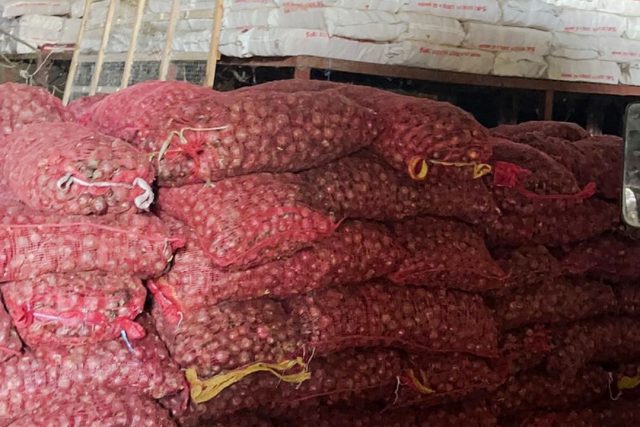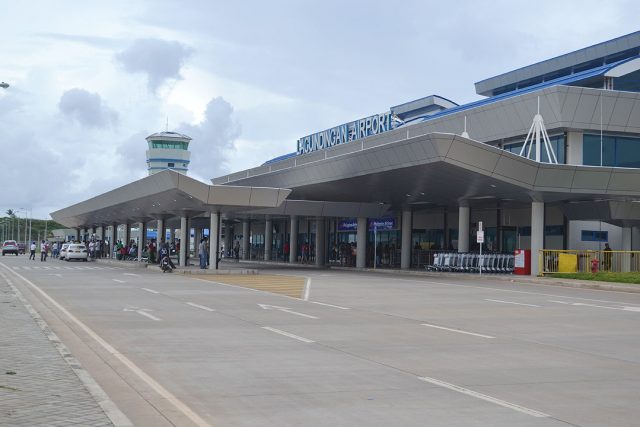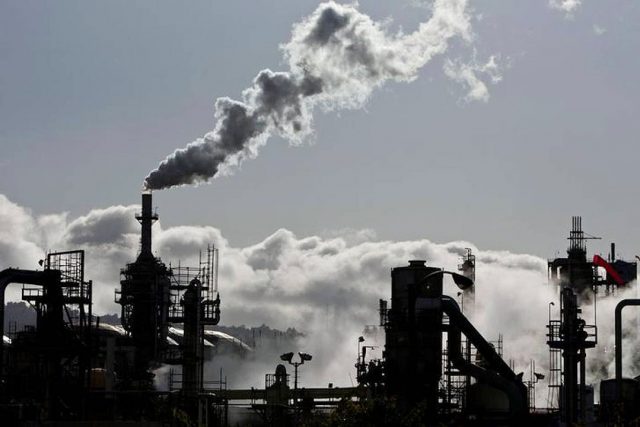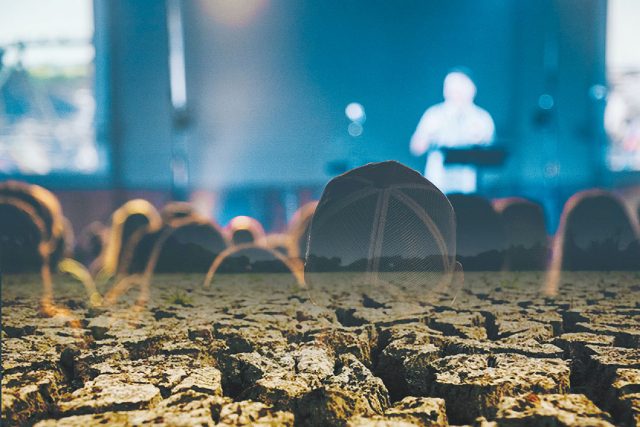The Philippines once again finds itself at a crossroads in a defining election season. Merely choosing between contending ideologies or programs of government has always been a luxury for Filipinos. Elections for this Southeast Asian nation are rather a time to determine which primary issue is on the ballot — good governance, the rule of law, or democracy itself. This coming election year, it is all of the above.
More than at any other time since the fall of the Marcos dictatorship, the fate of the nation is not just about a choice for a strong economy but, more importantly, about whether the economy — and our very sovereignty — will be saved by our ability to keep our democracy.
The delineation of who are the opposition and the administration candidates is a way for the public to distinguish between those who will seek to govern with fidelity to democratic principles versus those who have become enamored with a system of government that favors weak institutions; between those who believe that democracy still delivers development outcomes best and those who are willing to explore illiberal government — essentially, authoritarianism. For the latter, the transition from the current dispensation would be very nearly seamless. The country is teetering on the edge of the precipice.
The true opposition will need to claw the country back from the brink. This needs to begin with the determined and systematic undoing of the current administration’s authoritarian policies, programs and activities. For most people yearning for a return to decency, responsiveness, and competence in government, this undoing will center around what social scientist Nicole Curato has referred to as “the securitization of social issues.”
From the pandemic to the war on drugs to the manner in which the government has dealt with the threat of terrorism (external or internal), the security sector, especially the police, has played an outsized and wholly inappropriate role for the Duterte administration.
While it is said that truth is the first casualty of war, due process, the respect for human rights, and the diminution of individual liberties have been selectively sacrificed by this government in the name of greater efficiency and effectiveness to deliver social and economic goods. This is a textbook case. In what is referred to as an illiberal government’s toolkit to leverage populist governance, a Brookings report argues that, “(l)iberal principles — political ideas that espouse the importance of individual liberties, minority rights, and the separation of power across levers of government — and democratic institutions — processes that translate popular will into public policy through legitimate elections — are being pulled apart” (“The Anatomy of Illiberal States”).
There is a method to the madness. Communities truly feel (and do not imagine) the immediate increased peace and safety. But this has been a quick fix and at the end of the day, this method has neither stemmed the high COVID-19 transmission rate nor the availability of illicit drugs in our streets.
This has all been a play of light and shadows. This is essentially about instilling fear, and this method, we attest, can be efficacious.
It then falls upon the opposition candidates to present a path forward for the country. It is not easy, for we have strayed far off from the straight path. The policy declaration alone will be fraught with risks.
The opposition cannot ignore the 800-pound gorilla in the room. And to mix metaphors, the big gorilla is the security sector that occupies the room and that constricts the breathing space of a democracy already on oxygen support. It is the instrumentalities of State security that have been used, very possibly criminally, against the State’s own citizenry.
So, what direction should be taken? A new administration must send up and down the chain of command an unimpeded directive that breaks away from policies and practices that violate human rights and constitutional processes like due process.
It must communicate a clear message to the public that accountability will be taken seriously, including conducting the necessary investigations and holding erring personnel immediately to account — in a manner that is serious and robust in substance and process so as not to be mistaken as merely performative. It must manifest a desire and commitment to correct the institutions by undertaking reforms in staffing, structure, systems and strategies, policies, programs and behavior.
Further, it must acknowledge that the digression from professional and legal standards and procedures emanated from the high-ranking officers of the Philippine National Police (PNP) and from the corrupting elements at the highest levels in the executive branch.
And how will the above look like in concrete terms?
1.) Rescind all government memoranda that codify Oplan Tokhang.
2.) Fully cooperate with the Supreme Court on its decision ordering the Philippine National Police (PNP) to submit the data on the Duterte administration’s war on drugs.
3.) Investigate, in support of the efforts of the Department of Justice, all cases of killings of alleged drug suspects reported by human rights and civil society groups and the media, beyond the cases acknowledged by the PNP.
4.) Suspend or replace any police chief and station or precinct commanders who have been (or will be) named or charged in court cases related to the war on drugs.
5.) Critically review the Anti-Terrorism Act and the Human Security Act.
6.) Disavow “lawfare” in all its forms, and commit to repair the institutional damage wrought by it.
7.) Disband the National Task Force to End Local Communist Armed Conflict (NTF-ELCAC).
8.) Suspend or replace any military officer and personnel who have been (or will be) named or charged in court cases related to human rights violations, including red-tagging and extra-judicial killings.
9.) Review and enhance the mandate and capacity of the Commission on Human Rights.
10.) Resume in earnest the peace talks.
11.) Reaffirm the Rome Statute of the International Criminal Court (ICC).
The list of reforms is long and hard. There is so much at stake in the forthcoming elections. Security sector reforms are the clear expression of the electoral issues on good governance, rule of law, and democracy itself.
Jose Maria M. Mendoza works in development policy and management, with a focus on justice, human rights, and democracy.












